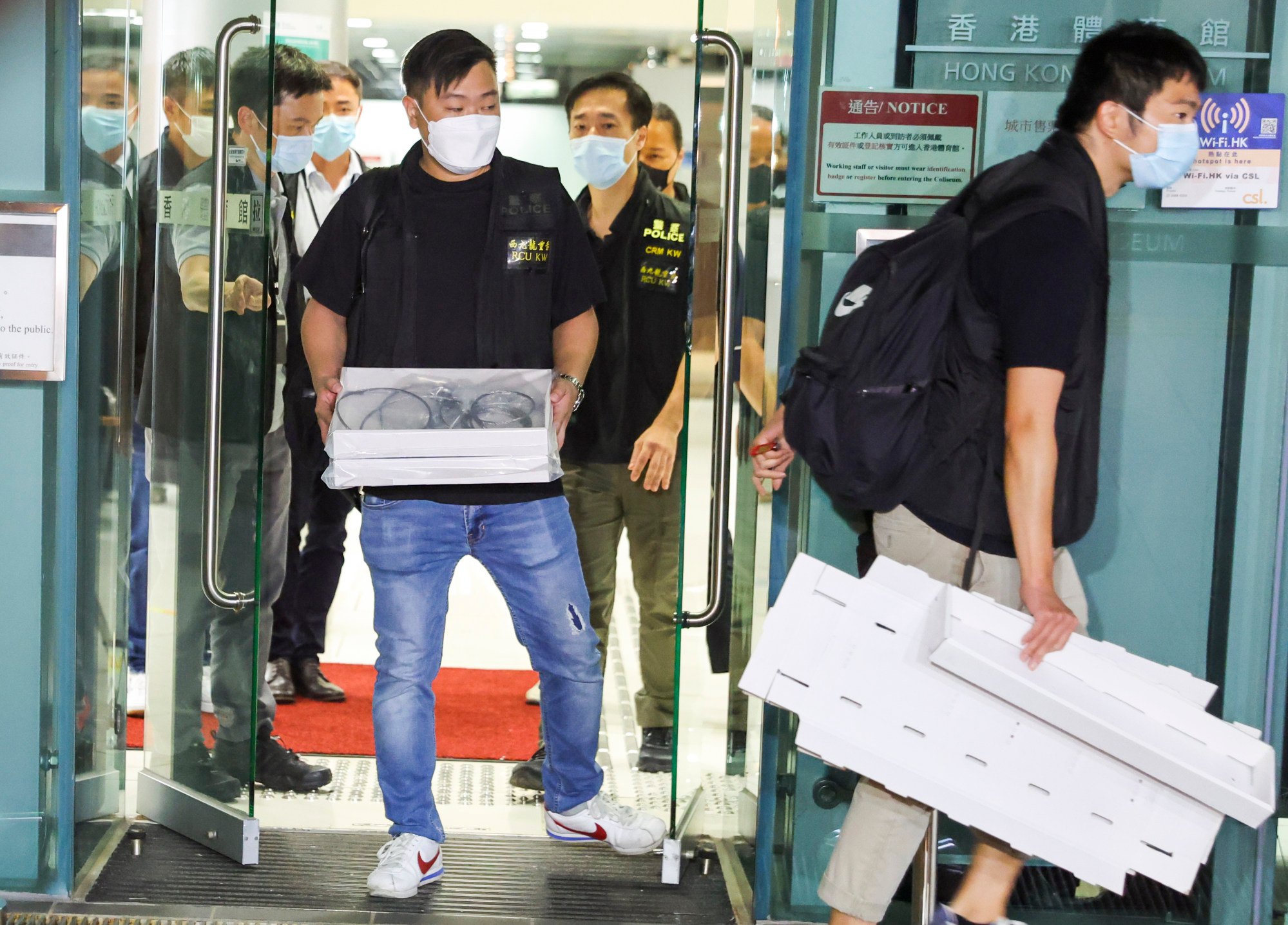
Mirror accident: installations at concerts to be reviewed by third-party inspectors under planned Hong Kong pilot scheme, culture minister says
- Project to be implemented at a few large-scale events first, culture minister says
- Planned scheme will determine details such as which items should be verified, to what extent and selection of performances for review
Hong Kong is planning to introduce a pilot scheme requiring installations at stage performances to be reviewed by third-party inspectors, the culture minister has revealed, after an accident at a concert by boy band Mirror left a dancer with critical injuries.
Secretary for Culture, Sports and Tourism Kevin Yeung Yun-hung on Sunday said the project would cover details such as which items should be verified, to what extent, and the selection of performances for review at government-run venues.
“So we will know how to do it the best to meet needs and to be the most effective,” he said, adding the authorities would first implement the scheme at a few large-scale events, without providing a timeline for the project.

An interdepartmental task force inquiry into how a giant LED screen fell onto a stage and injured two dancers at the Mirror concert at the Hong Kong Coliseum on July 28 revealed earlier this month the organisers of the event had failed to certify the safety of the installation.
The task force listed a string of recommendations after the investigation found incorrect reporting of the installations’ weights, the use of substandard support cables and a poorly installed rope guard contributed to the accident, which left performer Mo Li Kai-yin at risk of becoming paralysed from the neck down.
It suggested event organisers at government-run performance venues should be required to hire independent inspectors to check engineering work.
According to Yeung, under the current rules, renters of the Hong Kong Coliseum, which is owned by the Leisure and Cultural Services Department, bring their own installations, which must also be inspected by professionals for safety.
He said the government was considering adding an independent verification process to the two-tier system, which comprises installation and safety inspections, to check compliance with rules. He added the department would consider hiring professionals for the proposed work, without revealing who would pay for the expenses.
Reverend Derek Li Shing-lam on Saturday gave an update on his son Mo Li, saying the dancer took a shower for the first time in four months, and also sat in his wheelchair for a longer period of time to look out of a window.
A group of anonymous dancers claiming to be among the performers at the concert issued an open letter last week listing a series of concerns, saying they were not given enough time to rehearse before the event. They said they only had two days to practice at the venue.

Yeung said government recommendations included ensuring sufficient rehearsal time, with details to be worked out with the industry, but he added that it would be difficult to set a fixed duration for all performances.
Separately, the minister said authorities would keep a close eye on a series of recent blunders involving the Chinese national anthem at international rugby matches, while the police investigation was ongoing.
He said no evidence at the moment indicated the mistake on November 13 when “Glory to Hong Kong”, a song associated with the 2019 anti-government protests, was played instead of the national anthem, “March of the Volunteers”, at a rugby match in Incheon, South Korea, was politically motivated.
Asia Rugby, the organisers of the tournament, earlier admitted that the wrong song was downloaded from the internet and apologised for the mix-up.
The national anthem was also mislabelled in a broadcast graphic in two earlier rugby matches organised by World Rugby, which apologised for the mistake and pledged to take steps to prevent such blunders from happening again.
Yeung added authorities would carefully consider whether the incidents were isolated and promised to handle the matter seriously.
“We have to do our part as to how to safeguard our national security and promote national identity to all Hong Kong residents so that everyone is self-aware about protecting our country and our place,” he said.

